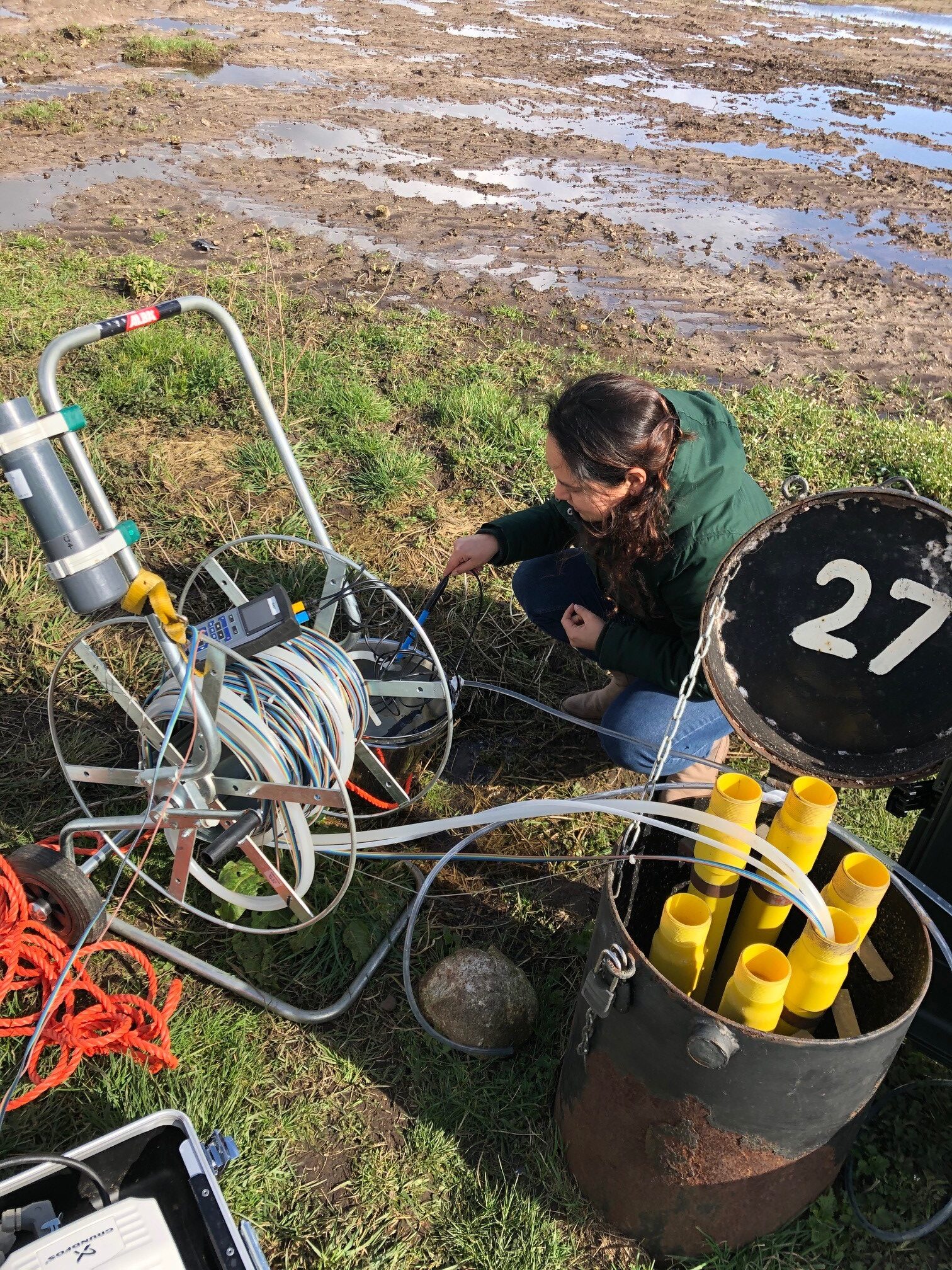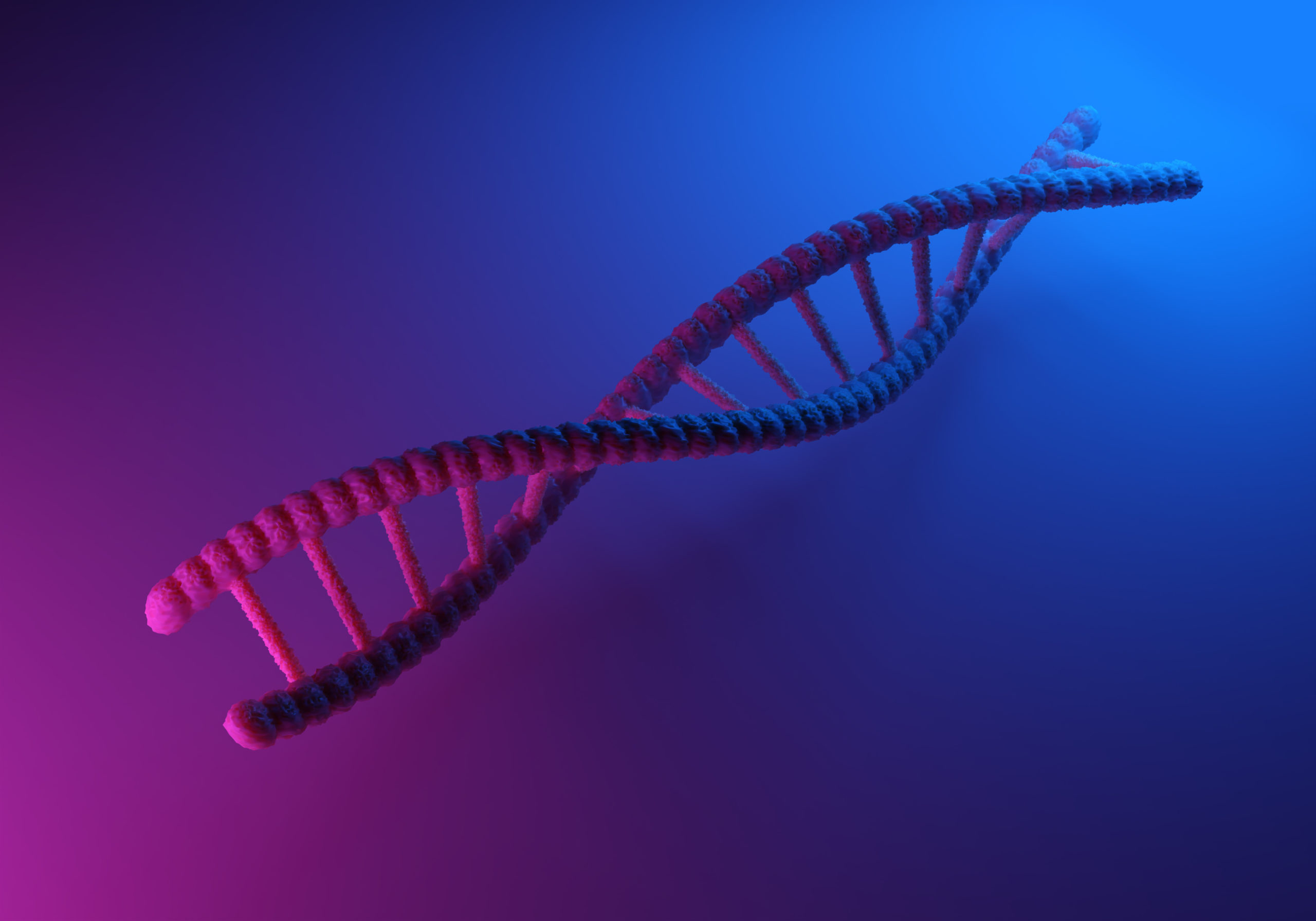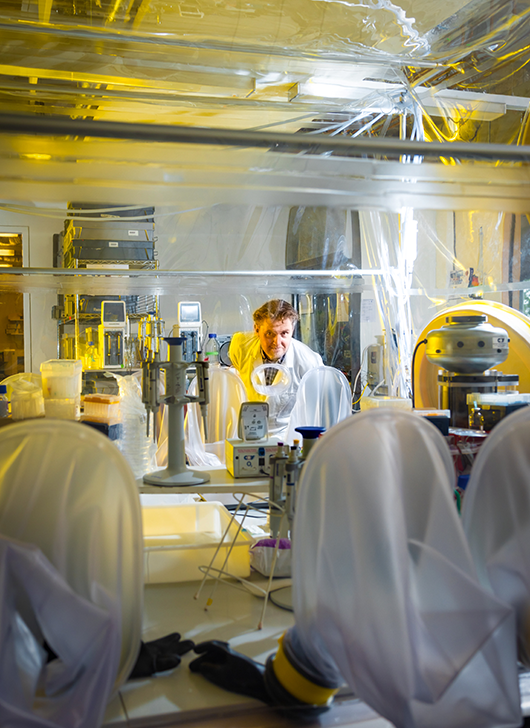This is the outcome of Andres Aldas-Vargas’ doctorate research.
The level of pesticides in Dutch groundwater is on the rise. Bad news, as two-thirds of our drinking water is derived from groundwater. ‘The concentrations are low, but we are increasingly better able to monitor pollutants in the measuring wells’, says co-supervisor Nora Sutton of the Environmental Technology group. ‘Water remains in the ground for an average of three decades, so we are measuring the future pollution. The water companies must purify these because our tap water is clean and safe.’
Oxygen
Bacteria can purify water, Aldas-Vargas showed. She gathered groundwater samples from the different monitoring wells and added pesticides in the lab. She discovered that bacteria fail to break down the pesticides in groundwater under natural, oxygen-free circumstances. With the addition of oxygen and organic substances, the bacteria started to break down the pesticides. Additions of this kind are prohibited under the current laws because the implications are unknown. Sutton was awarded a VIDI grant from the Dutch Research Council (NWO) last year for further research into the matter. ‘I want to develop a technology to break down pesticides in water organically.’
Selection pressure
Aldas-Vargas laid the foundation for this technology. She gathered much data on the composition of bacteria colonies in groundwater. Moreover, she provided insights into the selection pressure of bacteria in groundwater. They live under challenging circumstances, as the pesticides seep into the groundwater in low concentrations and irregularly, making them an untrustworthy source of nutrition. Sutton aims to optimise the environmental conditions in the groundwater for these bacteria so that they can break down pesticides. Simultaneously, she will investigate the risks and unforeseen adverse effects of such interventions. The government may then decide if, and under what conditions, this technology may be used for groundwater purification.

 Aldas-Vargas gathering samples of groundwater. Private photograph
Aldas-Vargas gathering samples of groundwater. Private photograph 

